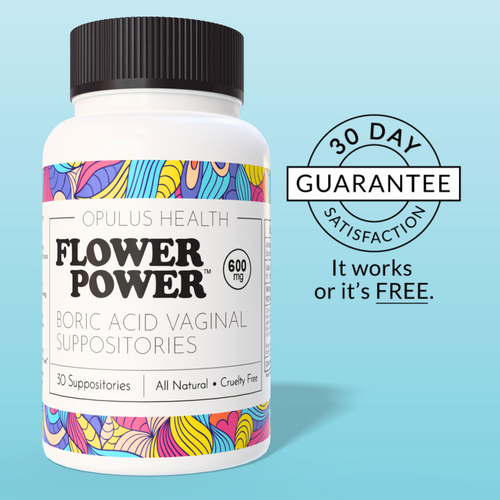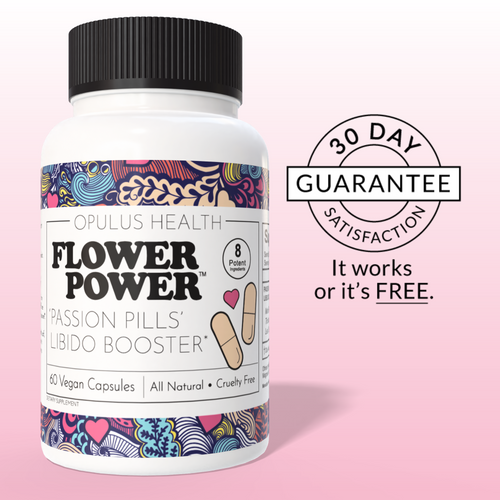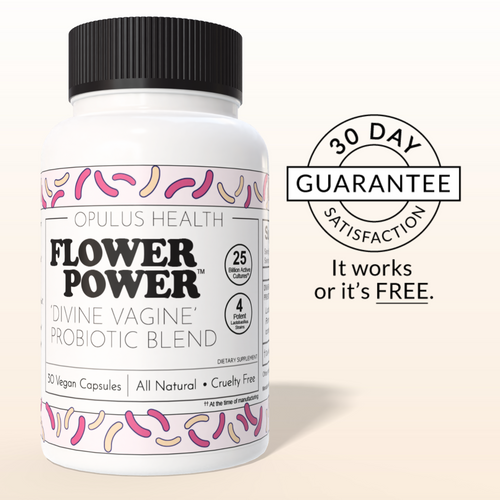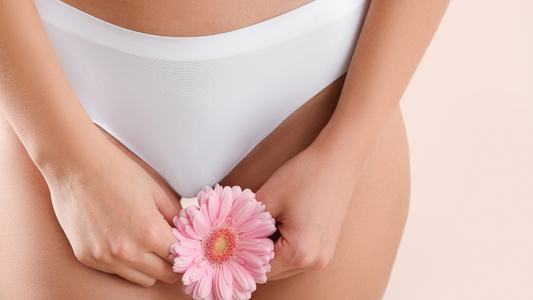Vaginal dryness is a common issue that affects women of all ages, often causing discomfort, irritation, or challenges during intimacy. While many associate dryness with hormonal changes or menopause, everyday habits can also play a significant role in worsening this condition.
Understanding how daily routines influence vaginal health is essential for maintaining comfort, moisture, and overall well-being. This article explores common habits that may exacerbate dryness, why they matter, and practical steps you can take to support vaginal hydration naturally.
What is Vaginal Dryness?
Vaginal dryness occurs when the vaginal mucosa, the tissue lining the vagina, loses its natural lubrication. This can result in irritation, itching, burning, and discomfort during daily activities or sexual intimacy. While occasional dryness is normal, persistent dryness may signal an underlying problem, including hormonal changes, medications, or lifestyle factors.
Why Vaginal Moisture Matters
Natural lubrication protects the vaginal tissue from friction, infection, and inflammation. Adequate moisture helps maintain comfort, supports sexual health, and preserves the integrity and elasticity of the vaginal mucosa.
Common Everyday Habits That Can Worsen Vaginal Dryness
Certain daily routines, while seemingly harmless, can unintentionally contribute to vaginal dryness. Identifying and adjusting these habits can make a significant difference.
1. Overuse of Harsh Soaps and Feminine Hygiene Products
Many women unknowingly disrupt their vaginal pH balance by using scented soaps, bubble baths, or douches. These products can strip away natural oils, leading to irritation and dryness. Opt for mild, pH-balanced cleansers designed specifically for the vaginal area.
2. Insufficient Water Intake
Staying hydrated is essential for overall health and directly affects vaginal moisture levels. Low water intake can reduce natural lubrication, making the mucosa more prone to irritation. Aim to drink at least 8 glasses of water daily, and increase intake during exercise or hot weather.
3. Excessive Caffeine and Alcohol Consumption
Caffeine and alcohol act as diuretics, leading to dehydration. Chronic consumption can exacerbate vaginal dryness by reducing the body’s overall fluid balance. Limiting these beverages and alternating with water can help restore hydration.
4. Wearing Tight or Non-Breathable Clothing
Tight pants, synthetic underwear, or non-breathable fabrics can trap moisture, irritate the skin, and worsen dryness. Choosing cotton underwear and loose-fitting clothing promotes airflow and reduces friction, supporting mucosal health.
5. Stress and Lack of Sleep
Chronic stress increases cortisol levels, which can indirectly affect estrogen production and reduce vaginal lubrication. Similarly, inadequate sleep impacts hormone regulation, contributing to dryness. Incorporate stress management techniques and ensure 7–9 hours of quality sleep each night.
6. Smoking
Nicotine and other chemicals in cigarettes impair blood circulation, reducing nutrient delivery to vaginal tissues. This can decrease elasticity and natural lubrication. Quitting smoking improves circulation, tissue health, and overall vaginal hydration.
Lifestyle Modifications to Support Vaginal Moisture
Making simple adjustments in your daily routine can significantly improve vaginal health and hydration.
Hydration and Balanced Diet
Drinking enough water is just the beginning. A diet rich in omega-3 fatty acids, antioxidants, and hydrating fruits and vegetables supports mucosal health. Foods like salmon, flaxseeds, walnuts, cucumbers, and watermelon can contribute to optimal vaginal moisture.
Gentle Feminine Hygiene Practices
Avoid harsh soaps, scented washes, and douches. Instead, use mild, pH-balanced cleansers that maintain the natural balance of vaginal flora without stripping essential oils.
Clothing and Comfort Choices
Choose breathable fabrics, like cotton underwear, and avoid tight clothing that traps heat and moisture. This helps prevent irritation and supports natural lubrication.
Stress Management and Sleep
Incorporate mindfulness practices, meditation, or gentle yoga into your routine. Adequate rest and stress reduction help regulate hormones, supporting vaginal moisture.
Limit Alcohol, Caffeine, and Quit Smoking
Reducing alcohol and caffeine intake, while eliminating smoking, improves hydration, circulation, and overall vaginal health. These changes support the natural production of lubrication and reduce irritation.
FAQs About Everyday Habits and Vaginal Dryness
What daily habits contribute to vaginal dryness?
Several everyday habits can unintentionally worsen vaginal dryness. These include overusing scented soaps or douches, which disrupt natural pH balance, poor hydration, excessive caffeine or alcohol intake, smoking, wearing tight or non-breathable clothing, and experiencing chronic stress. Recognizing these habits is the first step toward improving vaginal comfort and natural lubrication.
Can changing my lifestyle improve vaginal moisture?
Absolutely. Simple lifestyle adjustments can significantly enhance vaginal lubrication and comfort. Drinking sufficient water, eating a nutrient-rich, hydrating diet, practicing gentle hygiene with pH-balanced products, managing stress through mindfulness or meditation, and choosing breathable clothing all support mucosal health and help maintain natural moisture levels.
Do certain foods or drinks make vaginal dryness worse?
Yes. Consuming excessive caffeine, alcohol, or highly processed foods can contribute to dehydration, reducing natural vaginal lubrication. To support vaginal moisture, focus on hydrating foods like watermelon, cucumbers, and oranges, along with nutrient-rich options such as omega-3 fatty acids, antioxidants, and vitamins C and E, which help maintain mucosal integrity.
Are natural supplements effective for managing vaginal dryness?
Natural, hormone-free supplements can be very effective in supporting vaginal hydration. Ingredients like Slippery Elm Bark, amino acids, and essential minerals help restore moisture, protect the vaginal mucosa, and complement topical moisturizers or lubricants. Regular use, combined with healthy lifestyle practices, often results in improved comfort and reduced dryness.
When should I see a doctor about persistent vaginal dryness?
You should consult a gynecologist if vaginal dryness is persistent, causes significant discomfort, or is accompanied by pain, bleeding, or recurrent infections. Early evaluation can identify underlying issues such as hormonal imbalances, medication side effects, or other medical conditions, helping prevent irritation and maintain long-term vaginal health.
Take Control of Your Vaginal Health
Everyday habits can unknowingly impact vaginal moisture, but small, intentional changes can make a significant difference. By adjusting lifestyle routines, staying hydrated, using hormone-free moisturizers, and considering natural supplements, you can restore comfort, protect your vaginal mucosa, and improve overall vaginal health.
Take action today: evaluate your daily habits, explore safe supplements like She Juicy, and consult your healthcare provider if dryness persists. Maintaining vaginal moisture is essential for comfort, sexual wellness, and long-term tissue integrity.

















